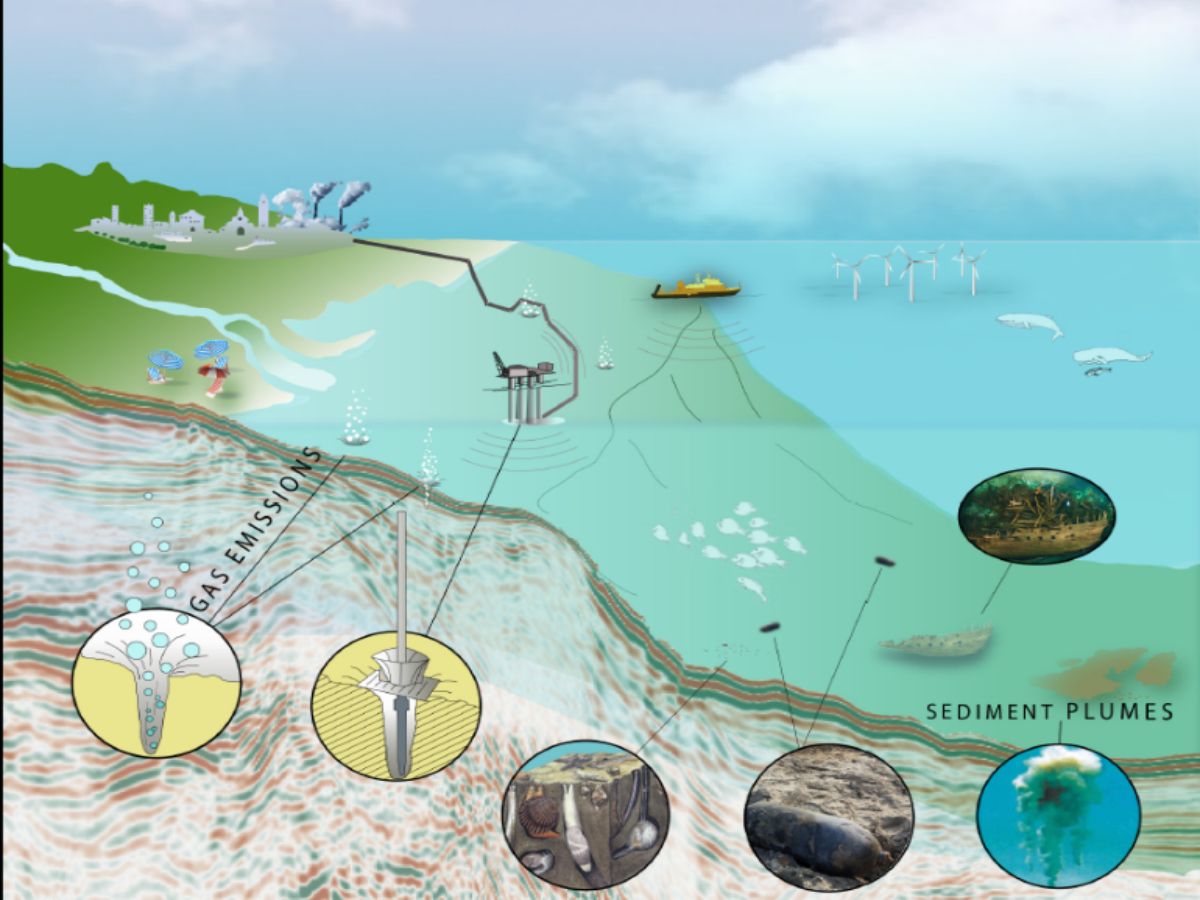Environmental challenges related to methane hydrate decomposition from climate change scenario and anthropic activities
What are the potential consequences of the decomposition of natural gas hydrate deposits as a result of climate change? And what are the solutions? A recent article published in Earth Science Reviews addresses this and provides an overview of the gas hydrate situation. The study involved the National Institute of Oceanography and Applied Geophysics - OGS, the Ifremer Institute in Brest, the Ecole Ponts ParisTech, the Heriot-Watt University in Edinburgh, and industry partners such as Kongsberg Maritime in Hamburg and GeoMarine Ltd in Bulgaria.
Gas hydrates represent the largest gas reserve on Earth: It is estimated that the organic carbon stored in hydrates is twice that which can be extracted from all available fossil sources. Gas hydrate deposits have been studied for decades to understand their role in the oceanic methane cycle, as well as their potential as an energy resource. The article is the result of studies conducted by the "Environmental challenges" working group of the European project MIGRATE and aims to take stock of the environmental impacts linked to the decomposition of hydrates and propose monitoring strategies to better identify and describe these impacts.
Climate change and ongoing temperature rise could alter the decomposition dynamics of gas hydrates and thus the amount of methane released. Based on current knowledge, it is not clear what environmental risks such releases will pose in the near future, both in terms of ecosystems and seafloor stability. This review has shown that field observations and measurements are limited in space and time. Field observations are crucial to achieving an in-depth and comprehensive understanding of the operating environment, and to developing an appropriate environmental monitoring and management plan.

